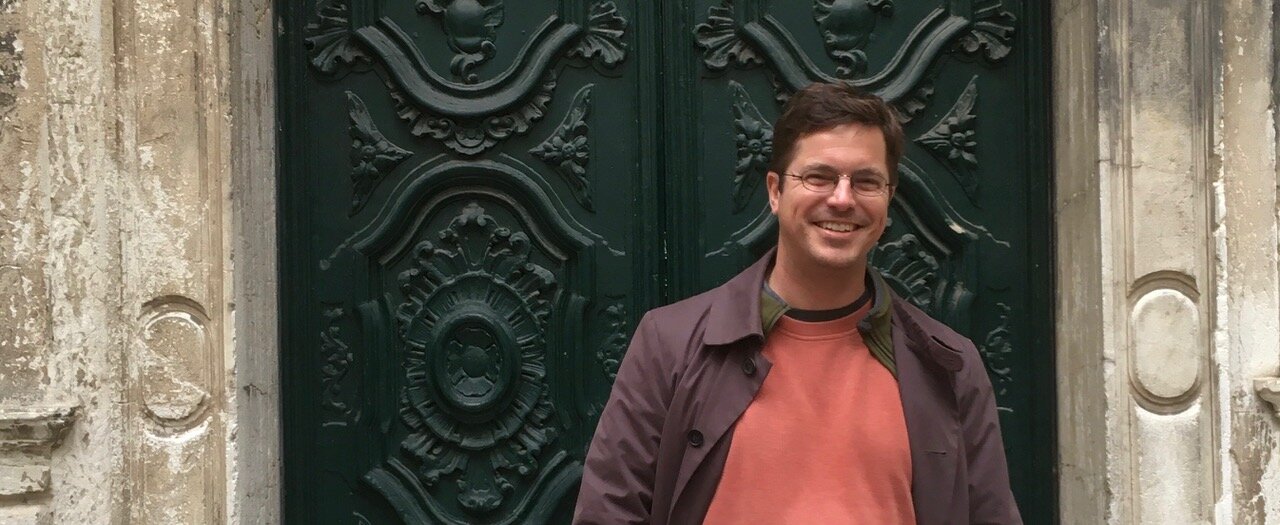
Gustav Peebles
Gustav Peebles is associate professor of anthropology and global studies at The New School, where he has also served in many administrative capacities. He has published widely on the history of monetary policy and banking, as well as on jurisdictional battles over credit and debt morality and regulation.
Gustav Peebles is Associate Professor of Anthropology and Global Studies at The New School, where he has also served in many administrative capacities. He has published widely on the history of monetary policy and banking, as well as on jurisdictional battles over credit and debt morality and regulation. Lately, he has been researching the sudden emergence of cashlessness in Sweden, and the Swedish Central Bank’s response to it.
In conjunction with collaborator Ben Luzzatto (Interdisciplinary Sculpture, Maryland Institute College of Art, http://benluzzatto.com), Gustav will be working on a book draft that will describe their efforts to imagine a new cryptocurrency that could help combat climate change by helping to “drawdown” carbon from the sky. Inspired by the indisputable fact that the era of gold-backed currencies had the unintended consequence of sequestering most of the world’s gold, they hope that a carbon-backed currency could mimic this achievement. By grounding currency value in what is ordinarily conceived of as “waste,” carbon could be pulled out of the sky and pushed back into the ground, much as gold-backed currencies pulled unrefined gold out the mountains and then returned it, in more purified forms, to banks. To accomplish this, they will rely on two recent, and seemingly unrelated, developments: 1) The new capacity to build digital currencies outside of standard governmental policy; and 2) A range of nascent bio-sequestration practices and technologies that allow “regular people” to solidify carbon.




